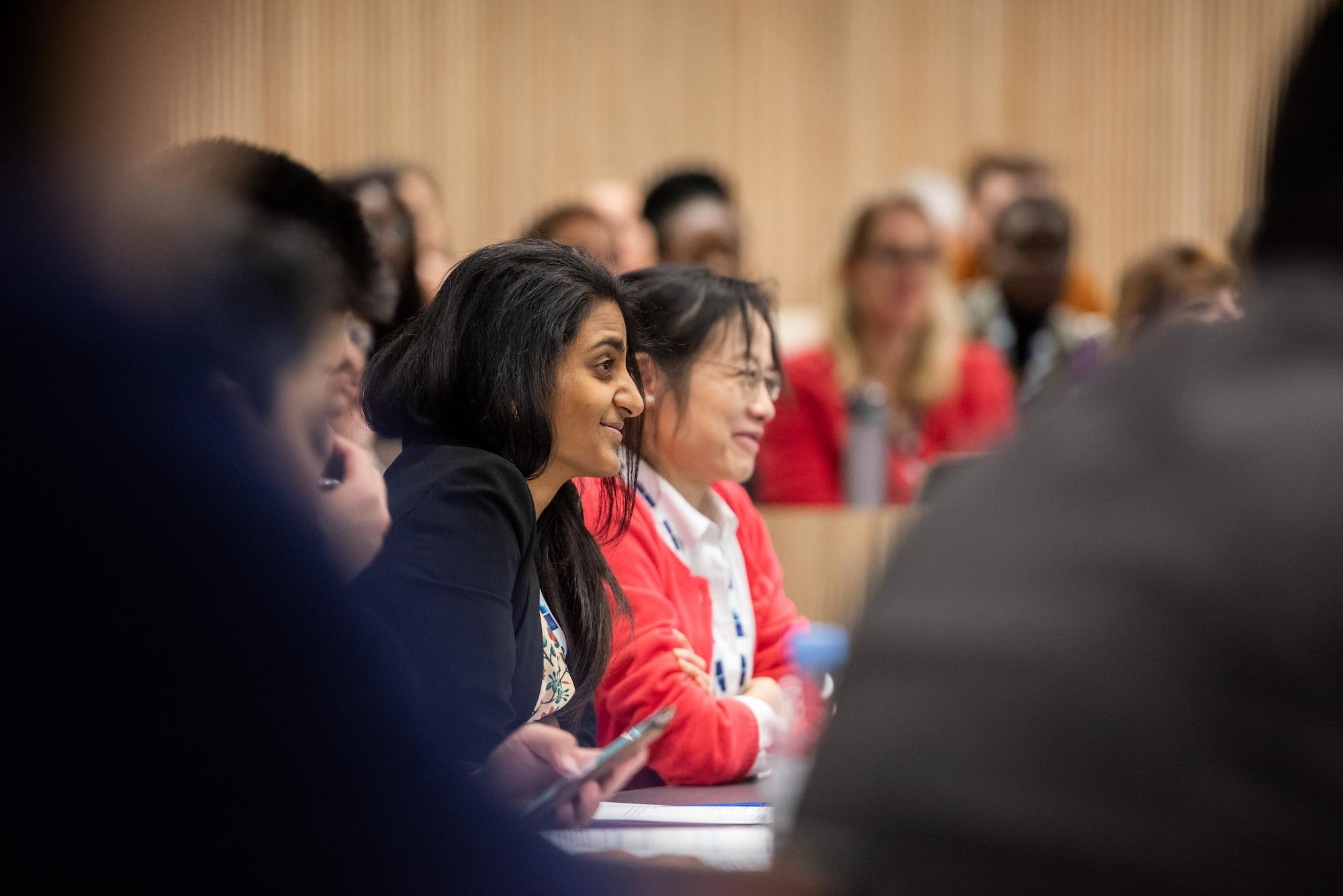
Digital technologies are transforming the world. Digital transformation brings opportunities for low- and middle-income countries to build new industries, improve markets, enhance people’s lives, and deliver better services.
One such service is education. Digital technologies have the potential to improve learning and teaching and to reform educational processes. In a global economy increasingly driven by information and innovation, public investments in education technology become key for improving human capital, boosting labour productivity, and enhancing the competitive advantage of nations.
But without well-informed governance and the right broader enabling environment for government-wide digital transformation, education technologies can engender new forms of exclusion, aggravate educational inequalities, and further erode trust in government.
Governing Digital Transformation: Improving Outcomes in Education Systems equips policymakers in developing countries to devise and lead strategies that turn digital disruption into an opportunity for development – with a particular focus on technology in education (EdTech).
Applications now closed
Programme dates: 19–22 April 2021 (Online), 28 June – 2 July 2021 (Oxford)
Location: Online and Oxford
Fees: The programme is fully funded. This includes tuition and programme materials for the two courses, as well as accommodation, meals, and flights and extracurricular activities for the in-person week at Oxford.
In this programme, participants will develop a strong understanding of the complexities of digital transformation, enabling them to balance trade-offs posed by digital technologies, manage conflicting interests among diverse stakeholders, and design relevant regulatory frameworks for improved educational outcomes and successful EdTech reform.
The programme combines the expertise of world-leading scholars and practitioners with extensive opportunities for participants to learn from their global peers, share their own experience, explore solutions to their specific policy challenges, and further build their network.
On completion of the programme, participants will be equipped with the knowledge, tools, and skills needed to play a leading role in their countries’ digital transformation processes and EdTech governance. Equally, participants will learn about the problems that can arise, and how to anticipate and prevent digital transformation failures.
This programme is open to senior policymakers in government in low- and middle-income countries who are committed to digital transformation and who are in positions to implement change. Prospective participants would be senior officials (for example head of department, deputy head of department), ministers, deputy ministers, secretary/director generals, or senior advisors to heads of state/government.
Digital transformation affects the whole of a country, and so we are seeking participation from a range of areas of government, such as education, IT and communications technology, finance, planning, or revenue.
Programme co-director Stefan Dercon is Professor of Economic Policy at the Blavatnik School and is an economist with a focus on African development. He was Chief Economist of the UK’s Department of International Development, the government department in charge of the UK’s aid policy and spending, between 2011 and 2017, and is currently Policy Advisor to the FCDO in the UK government.
Programme co-director Chris Stone is Professor of Practice of Public Integrity at the Blavatnik School. Chris has blended theory and practice throughout a career dedicated to justice sector reform, good governance, and innovation in the public interest, working with governments and civil society organisations in dozens of countries worldwide.
This executive programme is dedicated to the memory of Professor Benno Ndulu.
Benno, a prominent economist and the former Governor of the Central Bank of Tanzania, was a Visiting Professor at the Blavatnik School of Government, the Academic Co-Director of the Pathways for Prosperity Commission (based at the School), and a Senior Adviser on the Digital Pathways at Oxford programme.
Our team at Digital Pathways was incredibly fortunate to have worked with Benno and benefited from his academic expertise, career experiences, and personal wisdom. We feel his loss keenly and keep him in mind as we continue the projects that he worked on with us, among which is this executive programme – he was to have delivered the opening session in the programme.
